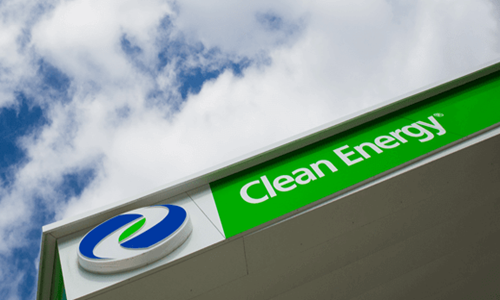
Clean Energy Fuels Corp. – a California-based renewable natural gas (RNG) fuel provider for transportation, and BP Plc, a renowned multinational oil and gas company have reportedly announced that they have signed an agreement to boost the supply of RNG for Clean Energy. Reports cite, the boost in the supply would significantly increase Clean Energy’s vast fueling infrastructure capabilities as more and more vehicle fleets are demanding clean fuel. According to a press release by Clean Energy, the agreement enables BP to source larger volumes of fuel to Clean Energy fueling stations. The RNG supply is anticipated to grow significantly over the coming years with several new RNG production plants currently under construction and plans of more new facilities announced. Clean Energy in turn, would be sharing in the environmental credit revenues that would be generated by the incremental RNC volume. The President and CEO of Clean Energy, Andrew Littlefair stated that the growth of the company’s Redeem™ RNG has been outstanding as companies and municipalities across the country are attaining their greenhouse gas reduction and sustainability goals by switching their vehicle fleets. Littlefair further added that the deal integrates Clean Energy’s vast vehicle fueling network with BP’s considerable investments in RNG projects, aiding in creating certainty for RNG projects in future and continue to expedite natural gas fuel adoption in vehicles. The Senior Vice-President of global environmental products at BP, Sean Reavis reportedly stated that BP – one of the biggest suppliers of RNG to the U.S. transportation industry – is committed to support the move to a future of lower carbon energy. Reavis further added that the company’s deal with Clean Energy attests that commitment, and BP believes that the agreement’s announcement would help speed up the growth of RNG and promote an energy mix that is more sustainable. For the record, RNG fuel is created entirely through organic garbage and is estimated to have 70% lower greenhouse gas emissions when compared to conventional fuels. Reportedly, the financials related to the matter have not been made public yet.




